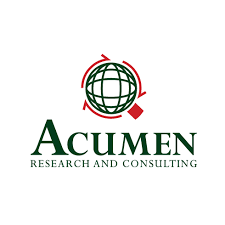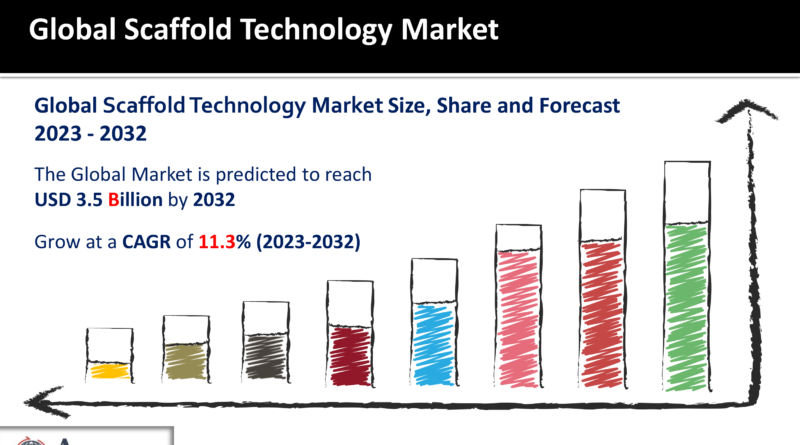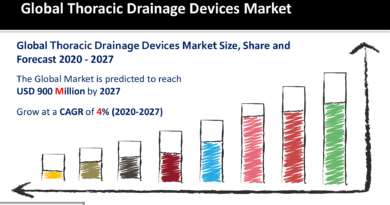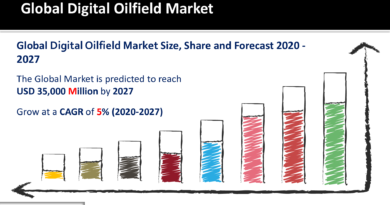Scaffold Technology Market: Navigating Innovations and Growth Opportunities
The Scaffold Technology Market Size was worth USD 1.2 Billion in 2022 and is anticipated to reach USD 3.5 Billion by 2032, with a CAGR of 11.3% from 2023 to 2032.
In the realm of regenerative medicine and tissue engineering, the scaffold technology market stands at the forefront of transformative innovations. This dynamic market has been experiencing remarkable growth driven by a confluence of factors that range from increasing investments in research and development to rising cases of chronic diseases. In this article, we delve into the current market trends, key drivers, challenges, regional insights, competitive landscape, and the exciting growth potential that lies ahead in the scaffold technology market.
Download Free Scaffold Technology Market Sample Report Here: (Including Full TOC, List of Tables & Figures, Chart)https://www.acumenresearchandconsulting.com/request-sample/3293
 Current Market Trends:
Current Market Trends:
The scaffold technology market has witnessed an evolution in recent years, with trends reflecting the demand for advanced solutions. Biodegradable scaffolds, which offer the advantage of promoting tissue growth while gradually dissolving, have gained significant traction. Additionally, there’s a growing emphasis on 3D bioprinting and its integration with scaffold technology, allowing for the precise fabrication of complex tissue structures. Personalized medicine is also influencing the market, as researchers explore tailoring scaffold materials to individual patients for improved treatment outcomes.
Market Drivers:
Several factors are propelling the scaffold technology market forward. The increasing prevalence of chronic diseases, such as cardiovascular disorders and orthopedic conditions, has fueled the need for effective tissue repair solutions. Moreover, the aging global population contributes to this demand, as older individuals often require medical interventions to address degenerative conditions. Government initiatives and private investments in regenerative medicine research are also acting as strong drivers, fostering an environment conducive to innovation.
Market Restraints:
While the scaffold technology market holds immense promise, it is not without its challenges. Designing scaffolds that mimic the complex microenvironment of human tissues remains a hurdle. Achieving optimal biocompatibility, mechanical properties, and degradation rates in scaffold materials can be complex. Regulatory hurdles and the high cost of development also restrain market growth. Moreover, ethical considerations surrounding certain scaffold sources, such as xenogeneic materials, need to be addressed.
Opportunities on the Horizon:
Amidst the challenges, opportunities abound. The rise of nanotechnology presents a promising avenue for scaffold technology. Nanomaterials offer enhanced structural properties and the potential for targeted drug delivery. Additionally, collaborations between academia, research institutions, and industry players can expedite the translation of groundbreaking research into commercial products. As the understanding of stem cell biology deepens, scaffold technology could witness a surge in demand for applications like organ transplantation and wound healing.
Regional Market Insights:
The adoption of scaffold technology is not uniform across regions. North America and Europe have traditionally held strong positions due to robust research infrastructure and funding. Asia-Pacific, however, is emerging as a frontrunner. Countries like Japan, China, and South Korea are investing heavily in regenerative medicine and are poised to become significant players in the scaffold technology market. Their large population bases, coupled with a rising focus on healthcare infrastructure, contribute to the region’s growth potential.
Competition Scenario:
The scaffold technology market boasts a diverse landscape with numerous players vying for prominence. Established companies with expertise in biomaterials, such as Corning Incorporated and Evonik Industries, have a substantial presence. Additionally, startups specializing in 3D bioprinting and tissue engineering, like Organovo and Aspect Biosystems, are introducing disruptive innovations. Collaborations between biotechnology companies and research institutions are also shaping the competitive dynamics, enabling the development of cutting-edge scaffold solutions.
Future Growth Potential:
Looking ahead, the scaffold technology market holds immense promise. As researchers delve deeper into cellular biology, materials science, and engineering, scaffold designs will become increasingly sophisticated. The convergence of scaffold technology with AI and machine learning could lead to the creation of predictive models for tissue growth and regeneration. Furthermore, the potential for creating fully functional organs using scaffold-based approaches could revolutionize transplantation, addressing the global organ shortage.
The scaffold technology market is riding the waves of innovation and opportunity. With trends like biodegradable scaffolds and 3D bioprinting shaping the landscape, coupled with strong market drivers and growing regional interest, the market’s growth trajectory is upward. While challenges persist, the potential to transform healthcare and revolutionize regenerative medicine remains undeniable. Stakeholders across the globe are poised to contribute to the next chapter of scaffold technology evolution, making it a field to watch closely in the coming years.
Scaffold Technology Market Player
Some of the top scaffold technology market companies offered in the professional report include Avantor, Merck KGaA (EMD Millipore), Thermo Fisher Scientific, 3D Biotek, Lonza Group Ltd., Matexcel, Cellink, REPROCELL, Stemcell Technologies Inc., Becton, Dickinson and Company (BD Biosciences), MiltenyiBiotec, and R&D Systems (Bio-Techne Corporation).
Get Discount On The Purchase Of This Report:https://www.acumenresearchandconsulting.com/buy-now/0/3293
Find more such market research reports on our website or contact us directly
Write to us at sales@acumenresearchandconsulting.com
Call us on +918983225533
or +13474743864



